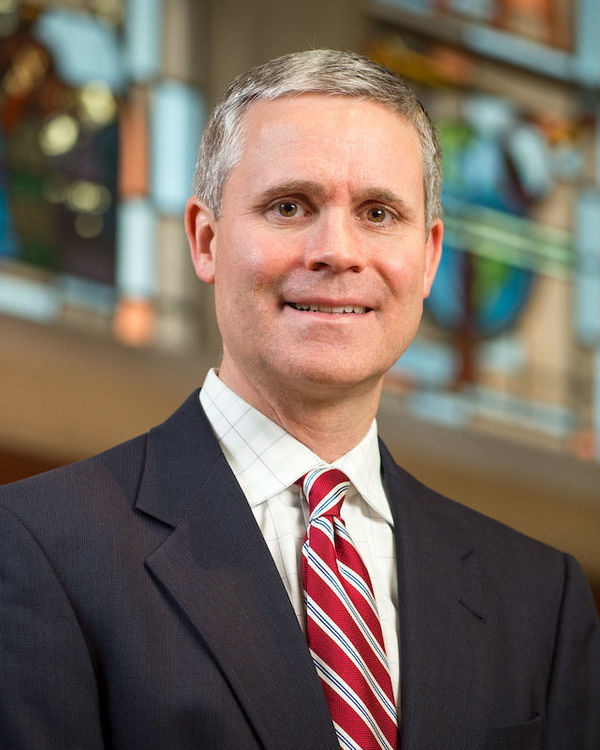
You may have noticed a theme emerging in this quarter’s edition of Illuminate: the idea of “10 years and…” It’s been intriguing to ponder the many ways to complete that sentence. 10 years and…81 active or completed studies. 10 years and…23 published research papers. 10 years and…now 30 plus full-time faculty and staff members. There’s no one way to complete the sentence, but a common theme is that LEO has been a catalyst for change.
LEO has changed how researchers and providers interact. In fact, when we first got started, few if any of our provider partners had ever collaborated with a researcher. LEO set out to change that. When LEO was still just an idea, we invited the leaders of five social service agencies and a small group of researchers to come to Notre Dame to see if the potential for these groups to work together was real. Well, we quickly found out that it was. The researchers saw opportunities to address important, unanswered questions, and the providers saw the potential to better understand their impact. These conversations led to our very first projects. LEO has been bringing researchers and providers together ever since.
LEO has changed the undergraduate experience for many Notre Dame students. Our undergrad internship program has created a unique opportunity for our students to be actively involved in original, mission-driven research. These students, many of whom are now published scholars, represent great hope for the future of poverty fighting in America.
LEO has changed how evidence is used to fight poverty in America. It has been exciting to see how receptive providers, policymakers and funders are to our work. When we launched a relatively small scale study that provided fewer than 100 low-income students comprehensive case management to help them graduate from community college, we had no idea that the positive results from that study would lead to a major scale up of the program, and that our findings would inform a national conversation about how to promote success in college for vulnerable students, a conversation that has spurred a movement to provide wraparound services to such students all across the country. And just last month, Congress passed legislation authorizing the National Secure Data Service, which will help LEO access the data we need to understand which programs are most effective at improving the lives of the most vulnerable. The NSDS was a primary recommendation of the Commission on Evidence-Based Policymaking, which grew out of conversations between LEO and members of Congress about the need for more evidence on effective programs.
The more things change, the more we realize that we are only just getting started. So much more needs to be done. 10 years and more change to come,
Jim •